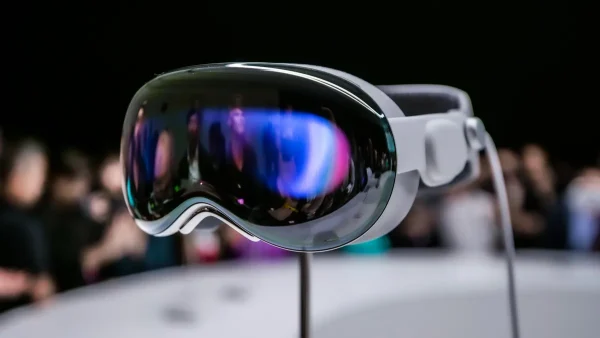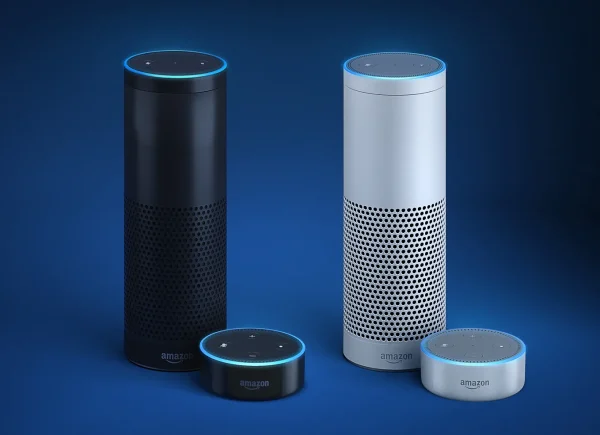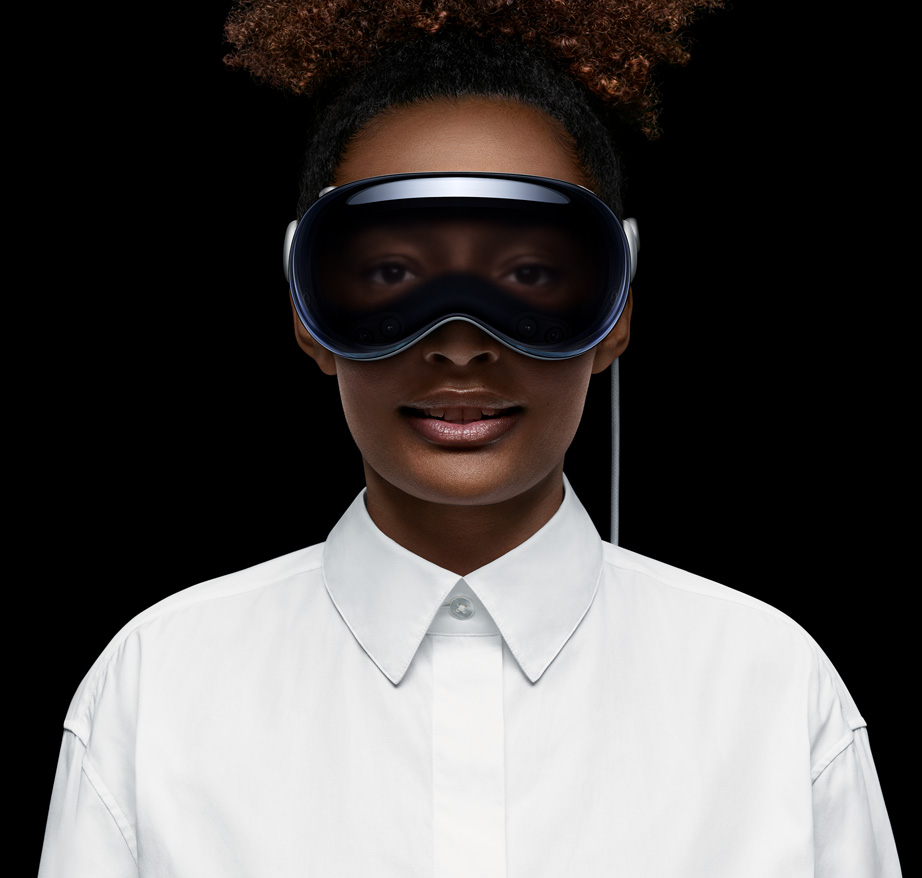On February 2, 2024, Apple released its newest product, the Vision Pro, a “revolutionary spatial computer” that integrates digital content with the real world. Its 3D interface provides unique new options to interact with apps and the environment through finger, voice, and eye commands. However, despite its exciting new possibilities, there are various mental, physical, and privacy concerns associated with its usage.

While it is clear that Apple Vision Pros have taken the technological world by storm, users worry about the health problems—both mental and physical—that these devices may cause. Even with the possible advantages of the devices, many experienced professionals have expressed their worries.
The primary concern consists of physical detriments, especially with prolonged eye strain and fatigue; users have reported eye discomfort after using the Apple Vision Pro (Gadgetmates), such as excessive eye watering or dryness—as is the case for many technological devices with screens (i.e. iPhones, iPads, Macbooks, etc.). However, professionals have identified more specific problems associated with just Apple Vision Pro such as vertigo—the sensation of constant spinning—and photosensitivity, a condition where the skin becomes very sensitive to sunlight and other UV lights. These two main concerns have stemmed from Pulse Width Modulation, which is what Apple uses to control the brightness of color cells in eye displays. Although the symptoms of this feature vary from person to person, people who feel nauseous, dizzy, or numb should immediately remove the device.
In addition to the physical health problems, rising concerns about the mental health are making critics furthermore apprehensive of Apple Vision Pros Instead of promoting an active and mobile lifestyle, Apple Vision Pros enable feelings of social isolation and physical disconnection from the real world, encouraging sedentary lifestyles away from nature, the same way that iPhone addictions are spurred.

In the fall of 2014, Amazon released the Alexa and the Amazon Echo—one of the first smart speakers on the U.S. public market. Only a few years after its release, “Alexa eavesdropping” conspiracies scared millions into an overall distrust of Artificial Intelligence. These legitimate privacy concerns are not uncommon when it comes to new branches of technology.
Apple first announced its Vision Pro at Apple’s 2023 Worldwide Developers Conference (WWDC23) on June 5, 2023. As it is the company’s first spatial computer, the Vision Pro immediately garnered awe and criticism—with the latter of which surrounds concerns of privacy: “Data brokers already have way too much intimate knowledge about everything I do. I don’t want them to have this level of knowledge.”
Cooper Quintin is a senior public interest technologist at the Electronic Frontier Foundation; his mission is to ensure the rights and safety of technology users, starting with Vision Pro. Quintin emphasizes that the impressively advanced abilities of Vision Pro pose threats to privacy. For example, the device has the potential to track user’s locations, reveal their identities, and collect personal information for data brokers. Ultimately, the development of spatial computers, such as the Vision Pro, intensifies the already severe struggles associated with everyday use of smartphones.
Quintin further questions whether “we as a society really [should] be going headfirst into virtual reality and augmented reality… before we have strong privacy legislation?” While no federal legislation has been implemented to protect users from spatial computers, Apple has taken measures to ensure the trust of its consumers.
Being an experienced, sizable corporation, Apple stays on top of security updates and strictly concerns itself over privacy. On the official Apple website, under the Privacy and Security label of the Vision Pro page, Apple states, “Apple Vision Pro was designed to help protect your privacy and keep you in control of your data. It builds on the foundation of existing Apple privacy and security features with new technologies like Optic ID, a secure authentication system that uses the uniqueness of your iris.” The Vision Pro is unique in that it collects data on the users’ physical bodies, whether it’s the distance between one’s fingertips to the pattern of an iris. Fortunately—as Apple proclaims—“when it comes to privacy, we don’t blink.” The corporation promises to maintain its stellar security through all of its products.
With the advent of new technologies, consumers are warned to pay attention to their risks. Corporations like Apple promise the safety of their customers, but only time will tell whether these promises are upheld.


